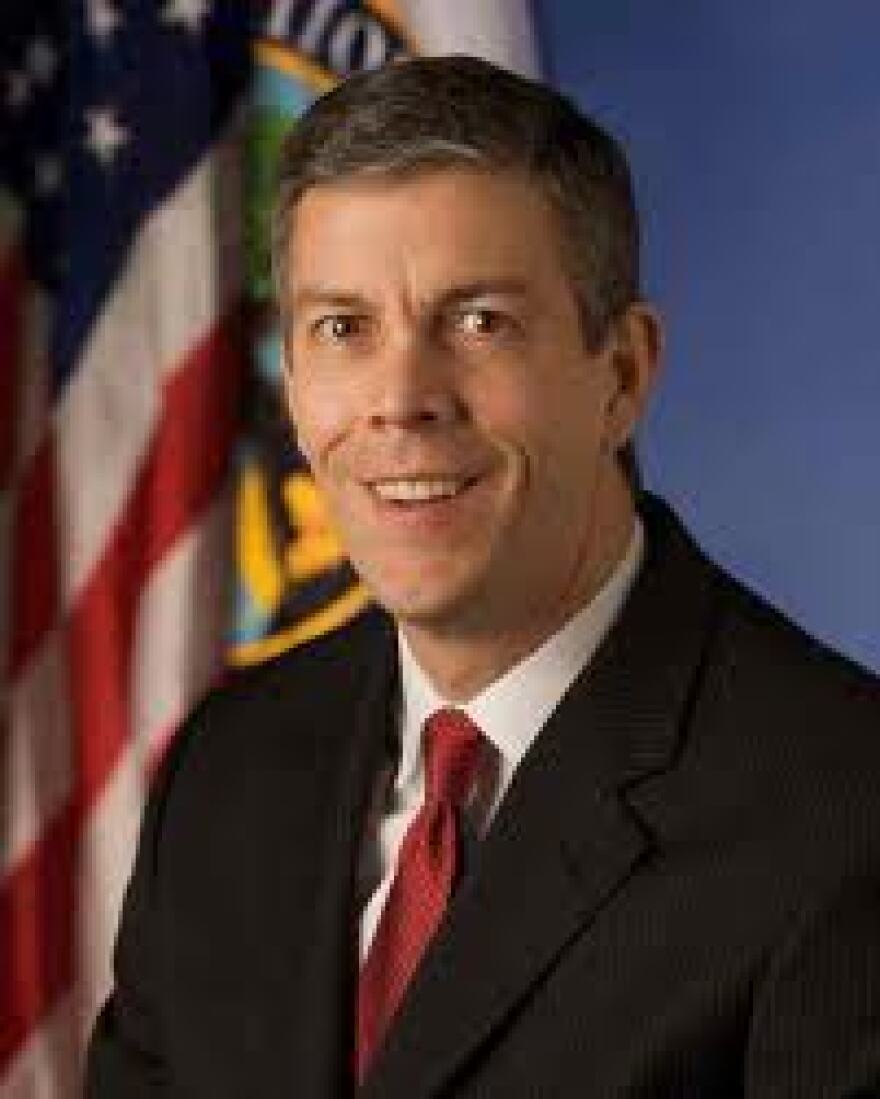Successful early childhood education efforts in southern Kentucky are bringing the U.S. Secretary of Education to the Commonwealth Friday. Arne Duncan plans to spend part of the afternoon in Williamsburg. He is scheduled to visit with a Whitley County family in ‘Save the Children’s Early Steps to School Success program. Save the Children administrator Mark Shriver says the program is currently found in ten Kentucky Counties, serving more than 12 thousand children.
“We train folks from the community to go into homes in the community. We leave books there and those home visitors when they’re in the home are working with the moms and dads, teaching them the importance of reading to their kids, singing lullabys, and stimulating those little children as they’re learning,” said Shriver.
Shriver says studies show a majority of brain growth occurs in the first five years. Shriver says there is a major cost saving aspect to good pre-school education.
“When kids enter kindergarten and they’re not prepared to learn, we spend billions of dollars as a country trying to get those kids up to grade level. We spend billions of dollars trying to get them to graduate from high school. If we spend some of those dollars in those crucial first five years of life, we wouldn’t have so many of those dollars in remediation,” added Shriver.
Shriver says the Save the Children program is found in ten Kentucky Counties. It began in Kentucky some 80 years ago in Harlan County.
“We started in Kentucky because of the depression and the fact that kids didn’t have, weren’t getting food and it’s one of the beginning of Save the Children’s work in providing food, warm food for kids entering school. It’s really the beginning of the federal school lunch program,” said Shriver.
Shriver says additional support through private and public dollars could help expand the program to other Kentucky communities.




